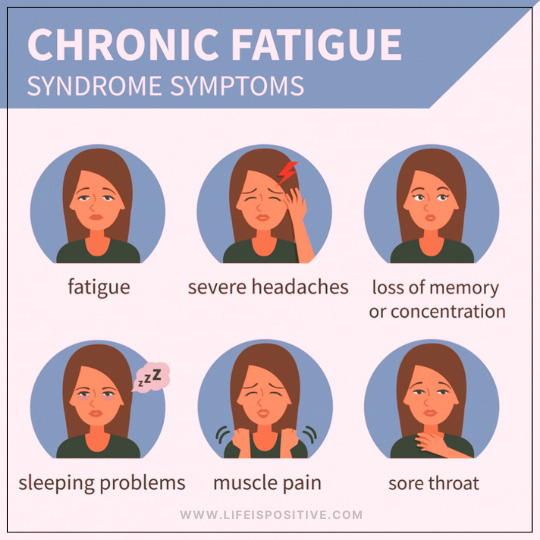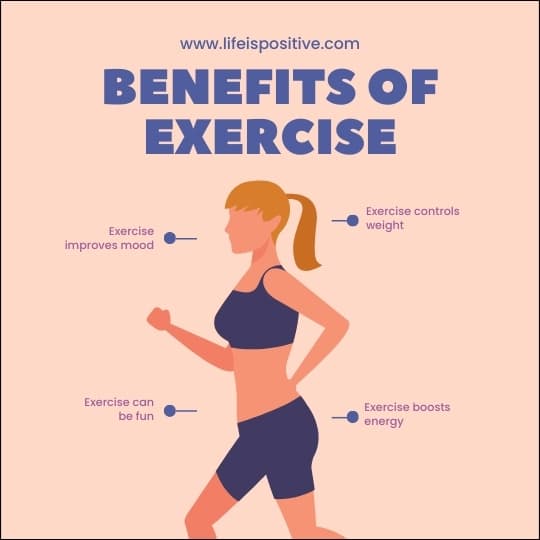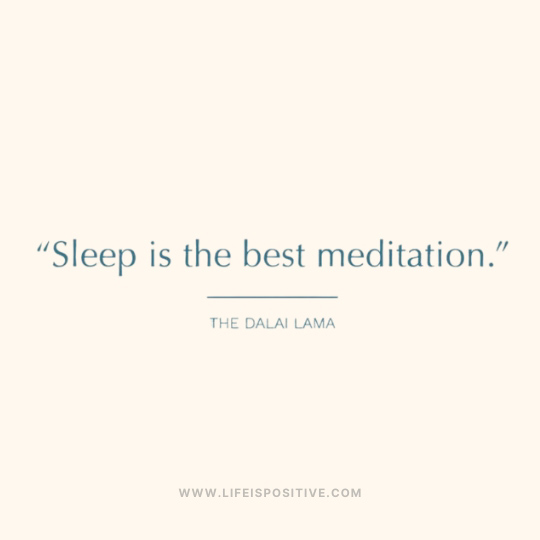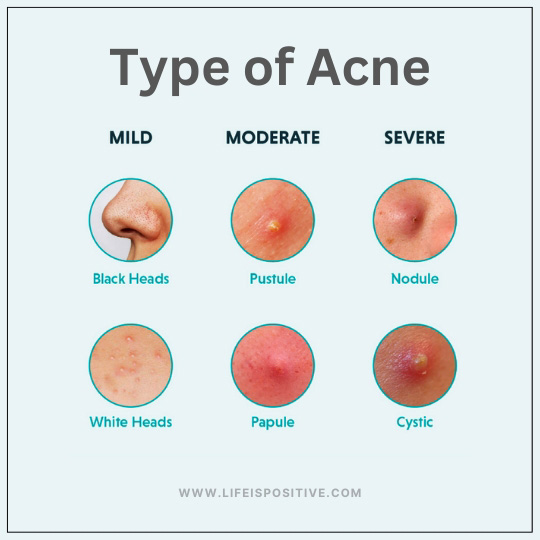|
Getting your Trinity Audio player ready...
|
If you ever feel off but can’t quite put your finger on why, it might be time to look out for the ten signs of hormone imbalances.
Hormones play a huge role in your mood, energy, and overall health, but they’re sneaky little things. Sometimes, the signs are subtle, and before you know it, you’re feeling sluggish, moody, or just “not yourself.”
But don’t panic just yet – recognizing these signs early on can make all the difference! Whether it’s unexpected weight gain, sleep issues, or even that annoying brain fog, these ten hidden signs could be your body’s way of waving a red flag.
So, if you’re ready to tune into what your body is really saying, let’s dive into these ten signs of hormone imbalances.
10 Signs of Hormone Imbalances
Discover the ten signs of hormone imbalances and learn how to spot them early for better health!
1. Unexplained Fatigue
Are you dragging through your day, even after a full night’s sleep?
Chronic fatigue is one of the most common signs of hormone imbalances. Hormones like cortisol (the stress hormone) and thyroid hormones regulate your energy levels. When they’re out of whack, you can feel like you’re running on empty 24/7.
If your coffee addiction is no longer cutting it, it might be time to look at what’s happening with your hormones. And no, it’s not just about “getting older.” Your body might need a little extra help finding its rhythm again.
2. Sudden Weight Changes
Have you noticed that the scale has been creeping up—or down—without any major changes to your diet or exercise routine? This could be another big red flag.
Hormones like insulin, thyroid hormones, and even estrogen play a role in how your body stores or burns fat.
For example, high cortisol levels (hello, stress!) can lead to weight gain, especially around your midsection. On the flip side, an overactive thyroid can cause sudden, unexplained weight loss. If your clothes don’t fit like they used to and you’re baffled, it’s worth investigating.
Read: Can Diet Transform Your Hormone Health
3. Mood Swings and Anxiety
Ever feel like you’re on an emotional rollercoaster for no apparent reason? Hormones like serotonin, dopamine, and estrogen can heavily influence your mood. If these levels fluctuate, you might find yourself crying over a puppy commercial one minute and snapping at your partner the next.
Anxiety and irritability can also be signs of hormone imbalances. Low progesterone, for instance, is often linked to feelings of unease or restlessness. So, if your emotions have been all over the place lately, your hormones might be the culprit.
4. Sleep Problems
Are you struggling to fall asleep, stay asleep, or wake up feeling like you barely rested? Yes, your hormones could be involved. Melatonin (the sleep hormone) isn’t the only one affecting your snooze cycle—cortisol and progesterone also play key roles.
If your cortisol levels are too high at night (a common result of stress), it can keep you wired when you should be winding down. Hormonal imbalances can disrupt your sleep patterns, leaving you tossing and turning instead of catching those much-needed Zzz’s.
Read: 6 Hypocretin Deficiency Symptoms
5. Irregular Periods
Ladies, if your monthly visitor has been showing up fashionably late—or way too early—it might be a sign of a hormonal imbalance. Estrogen and progesterone work together to regulate your menstrual cycle, and when one of them goes haywire, things can get messy.
Polycystic ovary syndrome (PCOS) is a common condition linked to irregular periods caused by hormonal imbalances. But even stress, weight changes, or age-related hormonal shifts can throw your cycle off track.
6. Low Libido
Let’s talk about sex drive—or the lack of it. If your interest in intimacy has taken a nosedive, it could be tied to your hormones. Testosterone (yes, women have it, too!) and estrogen are major players in your libido.
When these hormones are out of sync, it can dampen your desire and make you feel disconnected. This isn’t just about relationships—it’s also about how you feel in your own skin. If this sounds familiar, don’t brush it off—it’s worth addressing.
7. Skin Issues
Acne isn’t just a teenage problem—hormonal imbalances can trigger breakouts at any age. If you’ve noticed stubborn pimples popping up around your chin or jawline, your hormones might be to blame.
Excess androgen hormones can overstimulate oil glands, leading to clogged pores and breakouts. On the flip side, dry or thinning skin can also point to a hormonal imbalance, particularly if your thyroid is underactive.
8. Hair Loss or Thinning
Nobody likes finding clumps of hair in their brush—or worse, noticing bald spots. Hair loss is a common but often overlooked sign of hormone imbalances. Thyroid hormones, testosterone, and even insulin resistance can all contribute to thinning hair.
Women with PCOS often experience hair loss due to excess androgens, while low estrogen levels during menopause can make hair feel thinner and more brittle. If your once-lustrous locks are looking lackluster, it might be time to dig deeper.
Read: 13 Surprising Things Your Hairstyle Could Reveal
9. Digestive Problems
Did you know your gut and hormones are besties? They work together more than you might think. Hormonal imbalances can throw your digestion off, leading to bloating, constipation, or even diarrhea.
Estrogen and progesterone levels can impact gut motility (how food moves through your digestive system). Plus, cortisol spikes from stress can mess with your gut microbiome, causing a ripple effect on your digestion. If your stomach is acting up, it might not just be what you ate—it could be your hormones talking.
10. Chronic Stress and Burnout
Feeling like you’re constantly running on fumes, no matter how much you rest? Chronic stress and burnout are major signs of hormone imbalances. When cortisol, your stress hormone, stays elevated for too long, it can throw your entire hormonal system out of balance.
This can lead to adrenal fatigue, where your body struggles to produce the hormones you need to handle stress. If even small tasks feel overwhelming, your hormones might be waving the white flag.
Read: Can Stress Really Change Your DNA
What Causes Hormonal Imbalances?
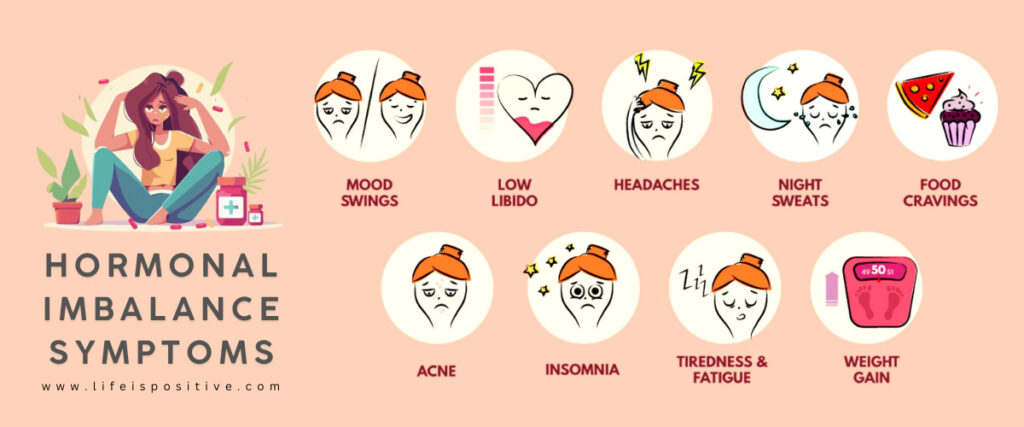
Now that we’ve covered the signs of hormone imbalances, you might be wondering—what causes them? Several factors can disrupt your hormonal harmony, including:
- Stress: Chronic stress can wreak havoc on your adrenal glands and cortisol levels.
- Diet: Too much sugar, processed foods, or even skipping meals can throw your insulin and other hormones off balance.
- Lack of Sleep: Poor sleep disrupts hormones like melatonin and cortisol.
- Aging: Hormonal changes are natural as we age, especially during menopause or andropause.
- Health Conditions: Conditions like PCOS, thyroid disorders, or diabetes can directly impact hormone levels.
How to Balance Your Hormone?
The good news? You don’t have to live with the frustrating signs of hormone imbalances. With a few lifestyle tweaks and some professional guidance, you can get things back on track.
1. Manage Stress: Easier said than done, we know. But practices like meditation, yoga, or even a quick walk can help lower cortisol levels.
2. Eat a Balanced Diet: Focus on whole foods, lean proteins, healthy fats, and fiber. Avoid excessive sugar and processed snacks.
3. Get Quality Sleep: Aim for 7-9 hours of uninterrupted sleep. Keep a consistent bedtime routine.
4. Exercise Regularly: Movement helps regulate hormones like insulin and endorphins. Just don’t overdo it—extreme workouts can spike cortisol.
5. Consult a Professional: If your symptoms persist, see a doctor or endocrinologist for testing. Hormone therapy or supplements might be an option.
Final Thoughts: Signs of Hormone Imbalances
Your hormones are like the conductors of a symphony, orchestrating everything from your mood to your energy levels. When they’re out of tune, the signs of hormone imbalances can disrupt your life in unexpected ways.
By understanding these signs and taking steps to restore balance, you can get back to feeling like your best self. Whether it’s fatigue, weight changes, or mood swings, your body is always sending you signals—it’s just a matter of listening.
So, if you’ve been feeling “off” lately, don’t brush it under the rug. Take charge of your health, and give your hormones the TLC they deserve. You’ve got this!
Which of these signs resonated with you? Let us know in the comments below—we’d love to hear your story!
For more empowering content, connect with our vibrant community here ➡️ Social Media

